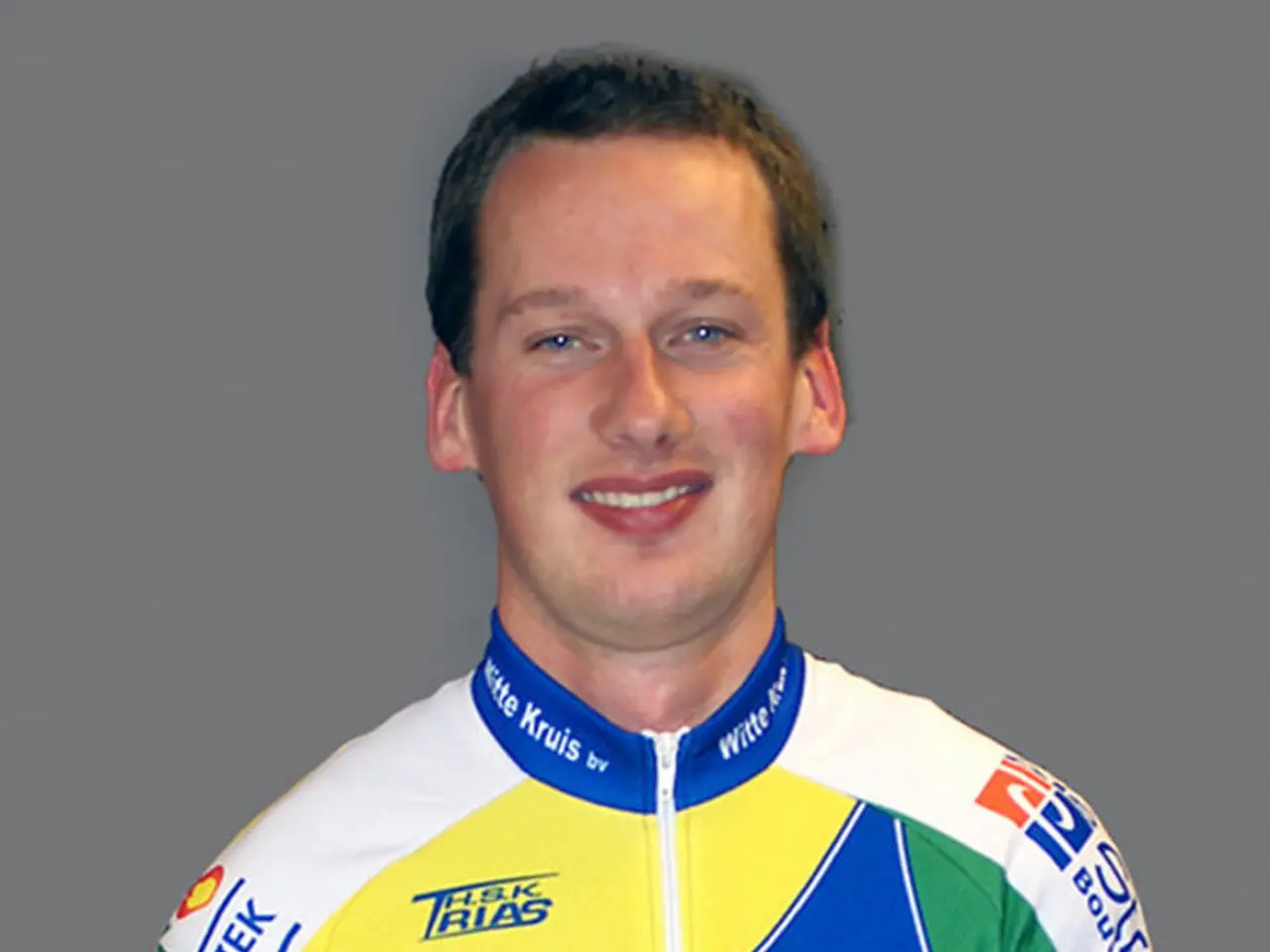Unscrupulous Gambling Figures Endangering Athletes Pose a Danger to the Entire Sports Sector
In the rapidly evolving world of sports gambling, a growing concern is the toxic interaction between bettors and athletes on social media platforms. The issue has garnered attention from various quarters, including politicians, sports industry professionals, and even athletes themselves.
Ohio is already considering suspending bettors who engage in abusive or disrespectful behaviour towards athletes, as part of their sports betting regulations. This comes after a series of incidents where sports bettors have crossed the line, sending death threats and making offensive comments to athletes via social media.
One such case involves Benjamin Patz, who was sentenced to 36 months of probation for sending death threats to Major League Baseball players via Instagram. The American Gaming Association's Senior Vice President, Casey Clark, has urged anyone engaging in such behaviour to seek help and refrain from participating in legal gambling sites.
The sports betting industry, represented by companies like FanDuel, DraftKings, BetMGM, Caesars, and others, is acknowledging the need to address this issue. They understand that banning bettors who behave inappropriately is a necessary step to protect themselves from the most dangerous threats to their existence.
Anthony Grant, a university basketball coach, has spoken out about the online hate his players have received from sports bettors. Even Chris Boucher, a power forward for the Toronto Raptors, has been the recipient of disturbing messages from upset sports bettors.
The sports betting industry is grappling with this problem and is working to find solutions. On March 7, a conference call was held to discuss potential solutions to online harassment, organised by U.S. Integrity and attended by college sports officials, sportsbook execs, and state regulators.
While the industry is taking steps to address this issue, the focus has been on regulatory compliance, social features, and transparency tools rather than industry-wide direct interventions focused solely on social media conduct towards athletes. For instance, many jurisdictions that legalize sports betting have stringent regulations on operators, requiring them to maintain a positive and ethical betting ecosystem.
Social media platforms also play a significant role in controlling harassment or hate speech, as athletes face much of the conduct on these platforms. Increasingly, athletes and sports organizations are promoting awareness campaigns against abuse and enlisting moderation on their official channels.
However, a centralized or industry-wide mandated protocol explicitly targeting bettor-athlete interaction on social media platforms remains limited. This leaves a gap that needs to be addressed to ensure a safer and more respectful environment for athletes on social media.
As the U.S. Supreme Court decision overturning PASPA approaches its fifth anniversary, the sports betting industry continues to evolve, and so does the need to address issues like obnoxious behaviour from sports bettors towards athletes on social media. It's a delicate balance between keeping the cash flowing while limiting problem gambling, and the industry, along with sports organizations and social media platforms, has a role to play in ensuring a positive and respectful environment for all.
- Ohio is contemplating suspending bettors who exhibit abusive or disrespectful behavior towards athletes, as part of their sports betting regulations, following a series of incidents.
- Casey Clark, the American Gaming Association's Senior Vice President, has appealed to individuals engaging in such behavior to seek help and refrain from participating in legal gambling sites.
- FanDuel, DraftKings, BetMGM, Caesars, and other sports betting companies acknowledge the need to tackle this issue and are taking steps to ban inappropriate bettors.
- Anthony Grant, a university basketball coach, and Chris Boucher, a power forward for the Toronto Raptors, are among the athletes who have experienced online hate from sports bettors.
- On March 7, a conference call was held to discuss potential solutions to online harassment, organized by U.S. Integrity, with college sports officials, sportsbook execs, and state regulators in attendance.
- While there are stringent regulations on operators and awareness campaigns against abuse, a centralized or industry-wide mandated protocol explicitly targeting bettor-athlete interaction on social media platforms remains limited, leaving a gap that needs to be addressed.








